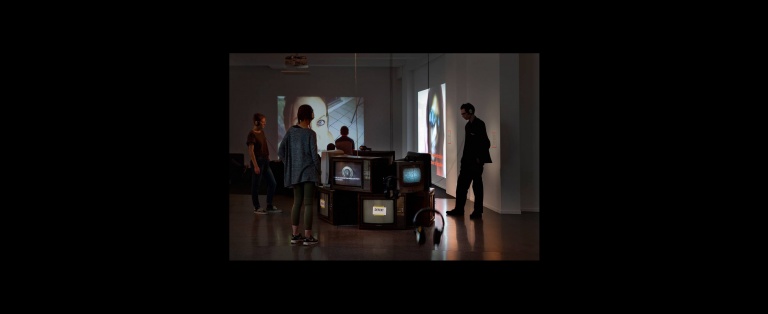Who owns the right to define whether whistleblowers are heroes or enemies of society? This question is posed by the controversial exhibition Whistleblowers & Vigilantes showcasing several main protagonists, positions and strategies of digital resistance past and present. The exhibition will be on view at Kunsthal Charlottenborg throughout summer.
Through artworks, TV-clips, surveillance footage, documentaries and historical documents, the exhibition Whistleblowers & Vigilantes presents the most important protagonists and various forms of resistance, together with activist strategies and considerations of the legal implications that surround these.
In this way the exhibition provides a range of perspectives on the intense debate around whistleblowers and digital activism which has prevailed in recent years, specifically in connection with Edward Snowden, Julian Assange and Chelsea Manning’s disclosure of confidential material. These three whistleblowers are represented in the exhibition alongside Anonymous, DIS, Ted Kaczynski (UNA-bomber), Etoy, Omer Fast, Peng! Collective, Metahaven and others.
The exhibition also examines what links whistleblowers, hackers, activists, artists and other exponents of the radical type of online activism, known as ‘internet vigilantism’ or simply ‘digilantism’, which has flourished since 1996.
At the same time, historical allusions are made to the resistance against state surveillance, as well as technological and economically motivated surveillance throughout the past 45 years.
The exhibition is curated by Inke Arns and Jens Kasich and organised in collaboration with Hartware MedienKunstVerein, Dortmund.
